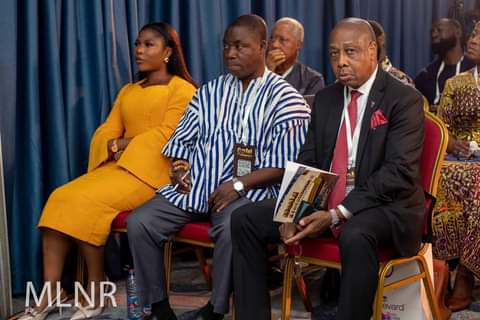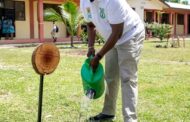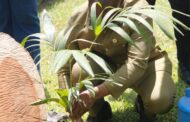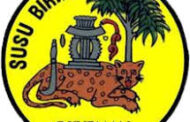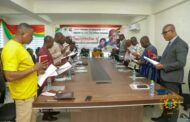Mr. Benjamin Aryee, the Advisor on Mines to the Minister of Lands and Natural Resources, has emphasized the need for a collective public effort in combating illegal mining, noting that addressing the challenges that come with sourcing minerals is a crucial step in attaining the full value of Ghana’s mineral resources.
Delivering a presentation at the Gold Statement and Exhibition Conference, Mr. Aryee surmised that the government has made significant inroads with its mission of ensuring value addition to Ghana’s mining resources.
He, however, stressed that the gains made by the government stand to be eroded if collective efforts are not made to curb the illegal mining menace.
“We are also saying that value addition is necessary; however, there is a question we need to address if our industry is to take its rightful place, and indeed, as a country, be what it ought to be. The talk is about responsible sourcing, certainly based on responsible mining. Because we have a lot of irresponsible and illegal mining, we need to address it. Government needs to lead this effort, and we need to admit that. However, government alone cannot do it; let’s admit it,” he stated.
Mr. Aryee, who was speaking at the 2024 Gold Statement and Exhibition Conference hosted by Rapport Services, said the small-scale mining sector, which accounts for a large portion of illegal mining, came about as a result of the need to balance livelihood generation and regulation of the mining sector.
He stated that while the government can exert its authority in cracking down on illegal and irresponsible mining, every Ghanaian owes it a civic responsibility to use their individual influence in their various local communities to support the campaign against irresponsible mining.
“Small-scale mining was premised on the fact that Ghanaians exist who don’t have the capacity to meet all the standards. We could say let’s enforce the standards, but it was admitted that Ghanaians need to have a livelihood, and Ghana needs to support livelihood generation. However, there are Ghanaians who cannot get into it if we enforce the standards religiously. So, let’s create a subsector that would be at least responsible as needed or would at least give them some slack,” he explained.
He noted some challenges facing Ghana’s mining sector, including the availability of raw materials, funding, and human capital. He also highlighted the availability of appropriate technology as one of the major challenges, noting that the country is severely deficient in research and development.
“If you don’t have the appropriate technology, you may have all the resources, but it’s not technically possible to work on it. Let me highlight that this is one of our biggest problems – research and development. We have academia sitting in their corner, pretending to do research, which doesn’t trickle down to industry. Until we can get that sorted, we will not do very much,” he stated.
He further emphasized the need for more collaboration between industry players as a key driver to attaining the idea behind the theme for the 2024 Gold Statement Conference and Exhibition: Promoting Ghana Gold Jewellery With Special Emphasis On Lapidary and Gemstones of Ghana – A New Dimension.
“Is there a challenge? Yes, there is a challenge. Apart from PMMC, apart from the major ones we know about, like EMEFA, ASANSKA, and so on, a lot of others are doing good work. But if you stay in your small corner, you’re not going to make a success of our subsector, our industry. I’m not too sure about that. So, I say a lot of others are doing a lot of work to develop and enhance the subsector, but limited exposure and visibility is a problem,” he said.
“It is hampering progress and limiting the necessary exposures, especially access to markets, which is critical. If you produce all you can, and nobody buys it, nobody knows about it, your capital is locked up, and that’s all it is – nothing more than that. We need to do more about that, so I ask a question: what can we do? Can we collaborate more? Certainly, that’s what this forum is about. Unfortunately, I say that Ghanaians don’t like collaborating; we like to operate in our corners. It’s bad business; we can collaborate and achieve more,” the advisor to the Minister said.
Source:Mybrytfmonline.com/Kwabena Nyarko Abronoma



